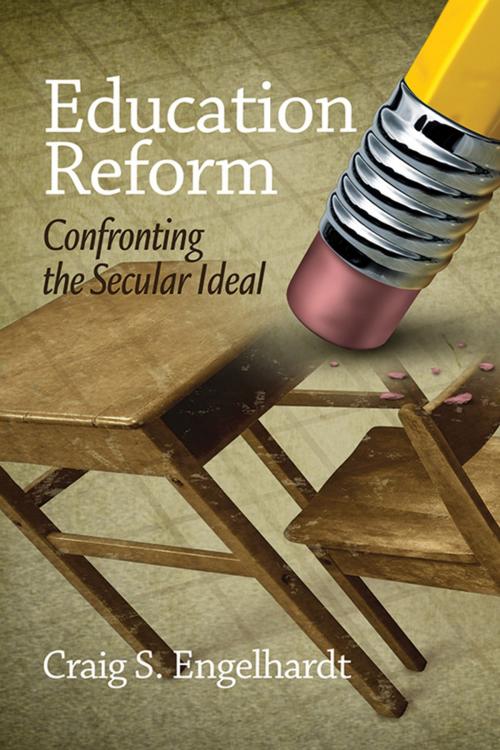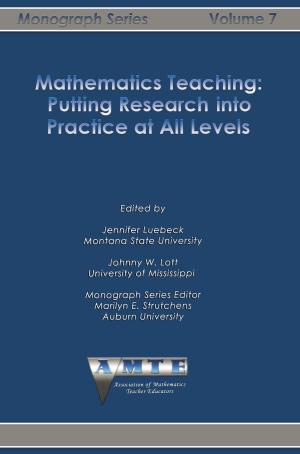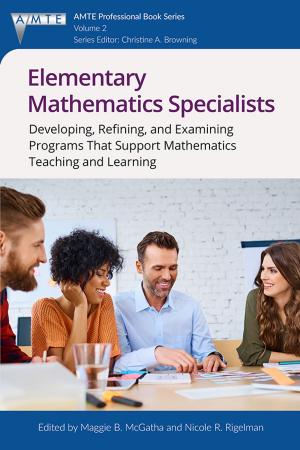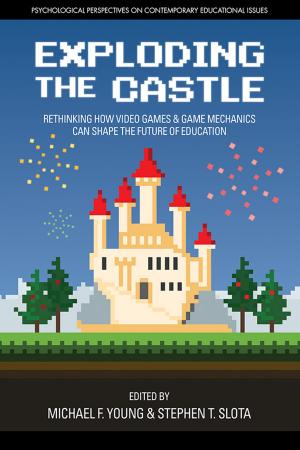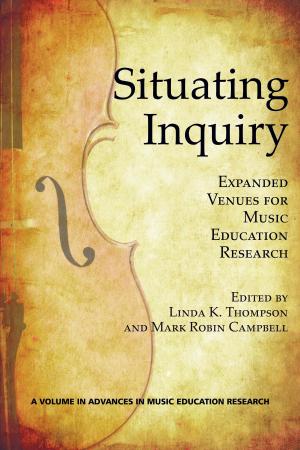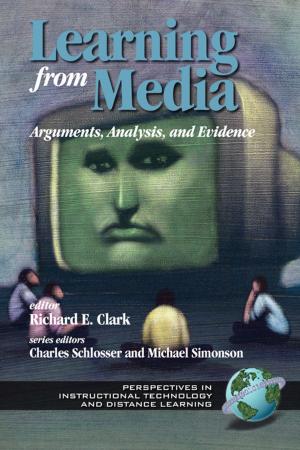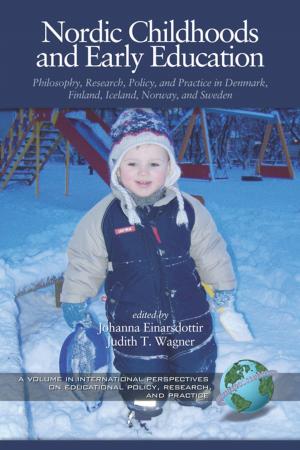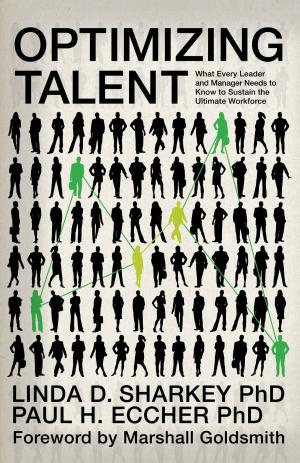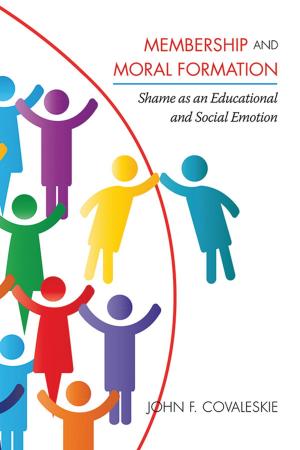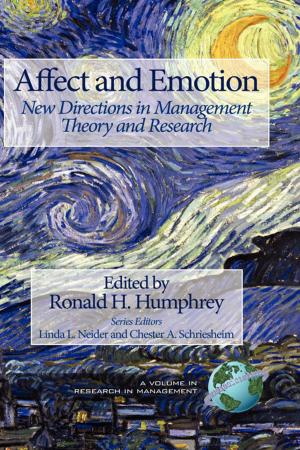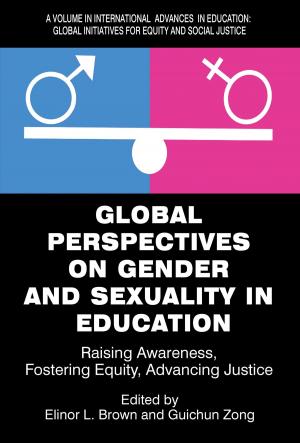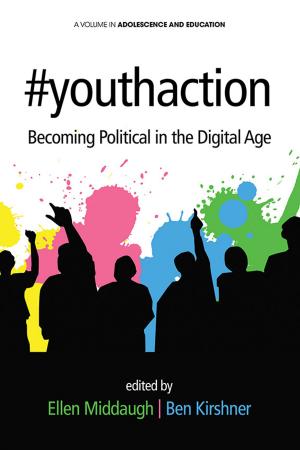Education Reform
Confronting the Secular Ideal
Nonfiction, Reference & Language, Education & Teaching, Educational Theory, Educational Reform, Administration| Author: | Craig S. Engelhardt | ISBN: | 9781623963248 |
| Publisher: | Information Age Publishing | Publication: | April 1, 2013 |
| Imprint: | Information Age Publishing | Language: | English |
| Author: | Craig S. Engelhardt |
| ISBN: | 9781623963248 |
| Publisher: | Information Age Publishing |
| Publication: | April 1, 2013 |
| Imprint: | Information Age Publishing |
| Language: | English |
Education Reform proposes and defends an alternate paradigm of public education. It challenges “secular education” as a failed educational model and proposes an alternate model with farreaching potential. It reveals how secular schools have insufficient resources to support the public’s educational interests while religious schools, within a plural public education system, have the superior capacity to nurture citizens with the moral, intellectual, and civic qualities of good citizenship. The fulcrum upon which Engelhardt’s argument rests is the recognition that beliefs and values of a religious nature not only provide motivating frameworks for individual life, but also, they naturally provide core sources of meaning, understanding, and motivation for education efforts. Whereas secular schools avoid these ideological resources, they potentially suffuse the curriculum, climate, and community of “religious” schools to increase their educational success. Thus, this book argues that the move to a plural public education system, in which families are free to choose either secular or publicly supportive “religious” schools, will advance the educational interests of America. This argument is developed in three parts. The first entails a multichapter analysis of education history to discern the relationship between religion and the public’s education goals. By tracing ways in which “religion” is a key resource for curricular meaning, parent buyin, rational thought, individual morality, public unity, and academic inspiration, it correlates school secularization with many of our current education problems. Part two engages criticisms that may arise from this reform proposal such as concerns regarding autonomy, deliberative skills, equity, and public cohesion. Part three illumines superior ways in which religious schools can address the public’s educational concerns. The book concludes by proposing ideas and principles to guide the development of an American plural public education system that allow the public to draw from the strengths of religious schools without secularizing them in the process or breaching church/state boundaries.
Education Reform proposes and defends an alternate paradigm of public education. It challenges “secular education” as a failed educational model and proposes an alternate model with farreaching potential. It reveals how secular schools have insufficient resources to support the public’s educational interests while religious schools, within a plural public education system, have the superior capacity to nurture citizens with the moral, intellectual, and civic qualities of good citizenship. The fulcrum upon which Engelhardt’s argument rests is the recognition that beliefs and values of a religious nature not only provide motivating frameworks for individual life, but also, they naturally provide core sources of meaning, understanding, and motivation for education efforts. Whereas secular schools avoid these ideological resources, they potentially suffuse the curriculum, climate, and community of “religious” schools to increase their educational success. Thus, this book argues that the move to a plural public education system, in which families are free to choose either secular or publicly supportive “religious” schools, will advance the educational interests of America. This argument is developed in three parts. The first entails a multichapter analysis of education history to discern the relationship between religion and the public’s education goals. By tracing ways in which “religion” is a key resource for curricular meaning, parent buyin, rational thought, individual morality, public unity, and academic inspiration, it correlates school secularization with many of our current education problems. Part two engages criticisms that may arise from this reform proposal such as concerns regarding autonomy, deliberative skills, equity, and public cohesion. Part three illumines superior ways in which religious schools can address the public’s educational concerns. The book concludes by proposing ideas and principles to guide the development of an American plural public education system that allow the public to draw from the strengths of religious schools without secularizing them in the process or breaching church/state boundaries.
